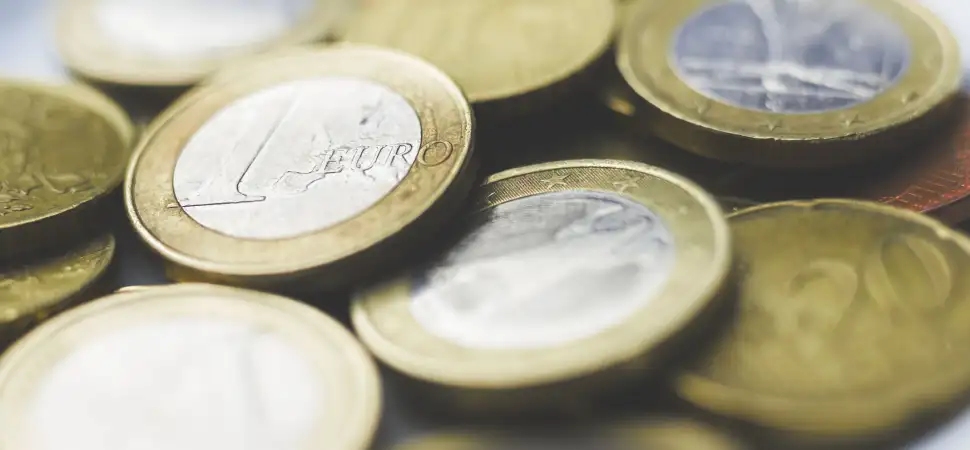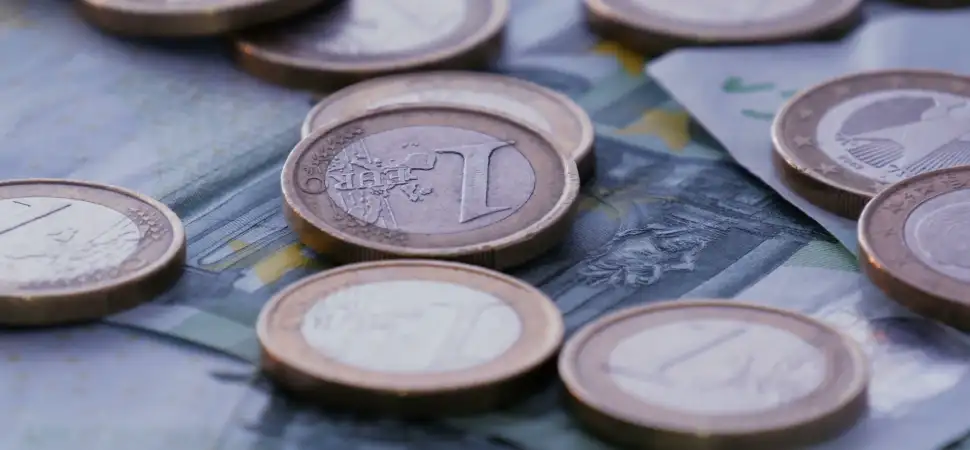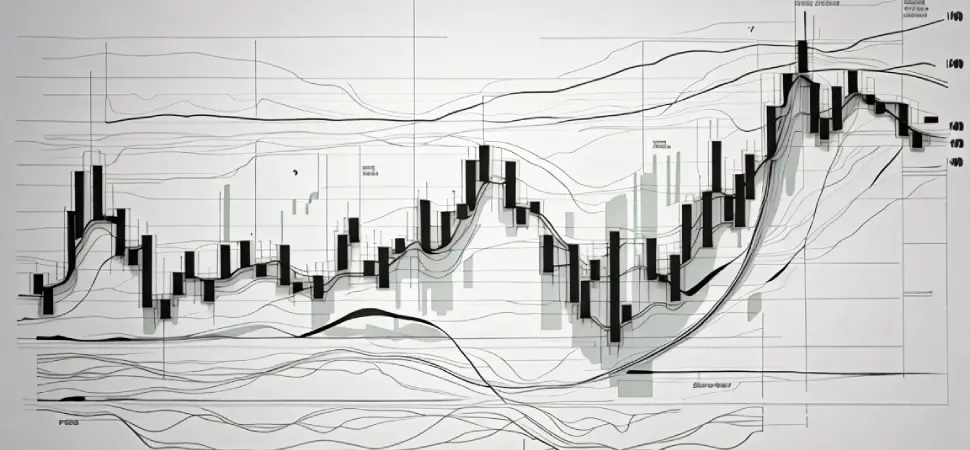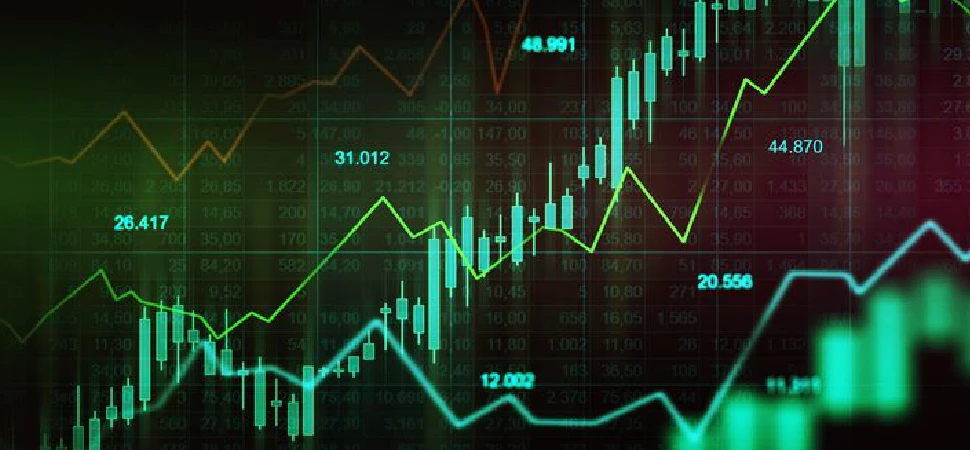24.06
Share ArticleHow much do you need to invest to trade Forex successfully?

The question often arises among novice traders: how much money do I need for Forex trading? We tell you about everything in order.
Here's what you need to consider:
- What are your reasons for starting trading, are you looking for a primary or supplementary source of income?
- What investment restrictions does your broker impose?
- How much can you afford to invest in your trading activities?
- What is your personal attitude to risk and how much risk are you willing to take in trading?
Why trade?
The first important question on the road to becoming a financial trader is why do you want to trade? Whatever your goal is, it is crucial to be clear about it, even if it is known only to you and no matter how trivial it may seem. A clear goal will help you focus on answering future questions. Without answering the "why" question, you will not be able to determine how much money you need to trade Forex. In general, experienced traders advise beginners to be cautious and say that it is better to start with less money and more education. No one is born a trader, but many manage to become one.
How much do you need?
First, take a few minutes to rest, write down your thoughts on a piece of paper and make it the first page of your trading diary. From these answers you will be able to find out what income will be enough for you to live on. If income is the most important thing to you, then you will need a lot of money. This is due to the need to keep risks under control.
The psychological factor also plays a role here. Studies show that the size of your investment capital can affect your trading. With a large balance, traders are forced to be more cautious and take longer to analyze the market before executing an order, make fewer trades in a certain period of time and use leverage more measured. There are also gambling traders who take trading large amounts of money lightly.
What does your broker want?
The amount of money you must have to open a trading account varies from broker to broker and from account to account. As you look through information about brokers and trading accounts, you will notice that the minimum deposit is mentioned most often, not the maximum deposit. The reason is simple: your broker wants you to invest as much as possible, because there is hardly any amount they admit they can't handle.
What is the minimum amount for your account?
Some brokers have no deposit accounts, so you don't need funds. You just need to sign up and you'll have a "lifetime" trading account with a free initial amount between $25 and $50. Naturally, you will only be able to withdraw money after you have traded a certain volume. Nevertheless, it will be an active account. Obviously, such accounts attract inexperienced and unsure traders who decide to opt for a risk-free option.
There are standard accounts that require a minimum deposit of $10 US. These are often multi-purpose and can be used to trade a variety of financial instruments other than currency pairs. There are currency trading accounts starting at $500 US with additional reduced spreads (the difference between the buy and sell prices). As a general rule, the more money you are willing to invest, the more attractive you will be as a client to the broker, but don't buy with your eyes closed.
What is your risk capital?
Not all money is good for trading. Funds that you cannot afford to lose should not be involved in any market speculation because of the financial risks involved. Neither pension funds, mortgages, nor children's school fees are all an option. It will be wise to refrain from borrowing money to trade it. Your risk capital is the money you are willing to lose.

Why should you only trade with risk capital?
Aside from avoiding the financial risk that your buy trades can create for your life and the lives of those you love, you should consider using risk capital only for your own peace of mind as a trader. Any book on trading psychology will tell you that professional trading is very dispassionate and that a trader must be calm at all times: when analyzing the market, when placing orders, when taking losses, and even when locking in profits.
A professional trader is calm when calculating, does not rejoice in profits, does not worry about losses, does not play gambling and guessing games. He is all about analysis and calculations. Will he be able to remain calm and impartial, watching his mortgage funds disappear before his eyes? I don't think so. You'll be thinking about the consequences, not the purchase. Ironically, it is absent-mindedness that may be the cause of the loss.
Even more dangerous, perhaps, is investing what you cannot afford to lose and buying. In a blind rush of confidence, you may want to double your investment and lose twice as much. Luck remains your only methodology. Here's a rule of thumb: only invest money that, if lost, will not damage your life, your psyche, or those you love.
What are your expectations?
How much money do you plan to make over a certain period of time? Think about a figure per month and per year. Ambition is generally a good thing, but when it comes to trading, unrealistic expectations can put pressure on you, distort your perception of the market and ultimately lead to poor trading results. What matters is not how much money you need to trade Forex, but how much money you need to open a Forex account and trade safely. The more you want to earn, the more you need to invest to keep the risks the same. The level of risk is determined by the traders themselves and works as follows.
Let's say you don't plan to risk more than 1% of your account balance per trade, which is reasonable. If you have $1,000 in your account with a leverage of 1:100, that means you can only risk $1 per trade. In the Forex market, this means you can take a position as small as 1 micro lot or 0.01 lots. Thus, the cost per pip would be about $0.10 cents. Also, to stick to a 1% risk level, you cannot afford to drop below 10 pips. The main problem with thinly traded trades with a tight risk ratio is the lack of flexibility in your trading style. You are pretty much limited to active intraday trading.
How much time will it take?
Generally, safer trading styles will cause your account to grow more slowly. Most traders don't want to make a couple dollars a day, and the market pushes them to increase their trading volume or the number of trades open at one time. This may work in the short term, but usually results in $0 dollars left in your account. So what's the best way to go about your big ambitions? Save up a lot of money before you open a Forex account. By properly funding your account, you will be able to make profits while keeping your risk under control.
Every trader dreams of opening a small account and becoming a millionaire in a few months. Theoretically this is possible due to the high level of leverage, but statistically it is very unlikely. The reality is that it is not very realistic if you are trading with a small account. While profits can accumulate and compound over time, this happens too slowly for beginners and they are forced to use high leverage or trade larger, riskier volumes in order to grow their account faster.
Professional fund managers typically earn less than 10-15% per year. Traders managing small accounts often believe that they can double, triple or even make 10 times more money in a year than fund managers. The vast majority fail to do so, and in the process of realizing this, they end up quitting trading when they have already spent a decent amount of money. Brokerage is about getting rich all the time, not getting rich quick. Lack of education, unrealistic expectations and lack of funding are the main sources of risk in Forex trading.
Conclusions
It is important to remember that successful Forex trading requires discipline, self-control and careful market analysis. Make sure that you only use funds that you can afford to lose and avoid excessive use of leverage. The pursuit of quick profits often leads to unnecessary risks and losses, so it is best to approach trading with realistic expectations and a long-term perspective. Successful Forex trading is not only a financial investment, but also an investment in your own knowledge and skills. Constant learning, analyzing and adapting strategies will help you gradually increase your skill level and achieve your goals.


Reviews